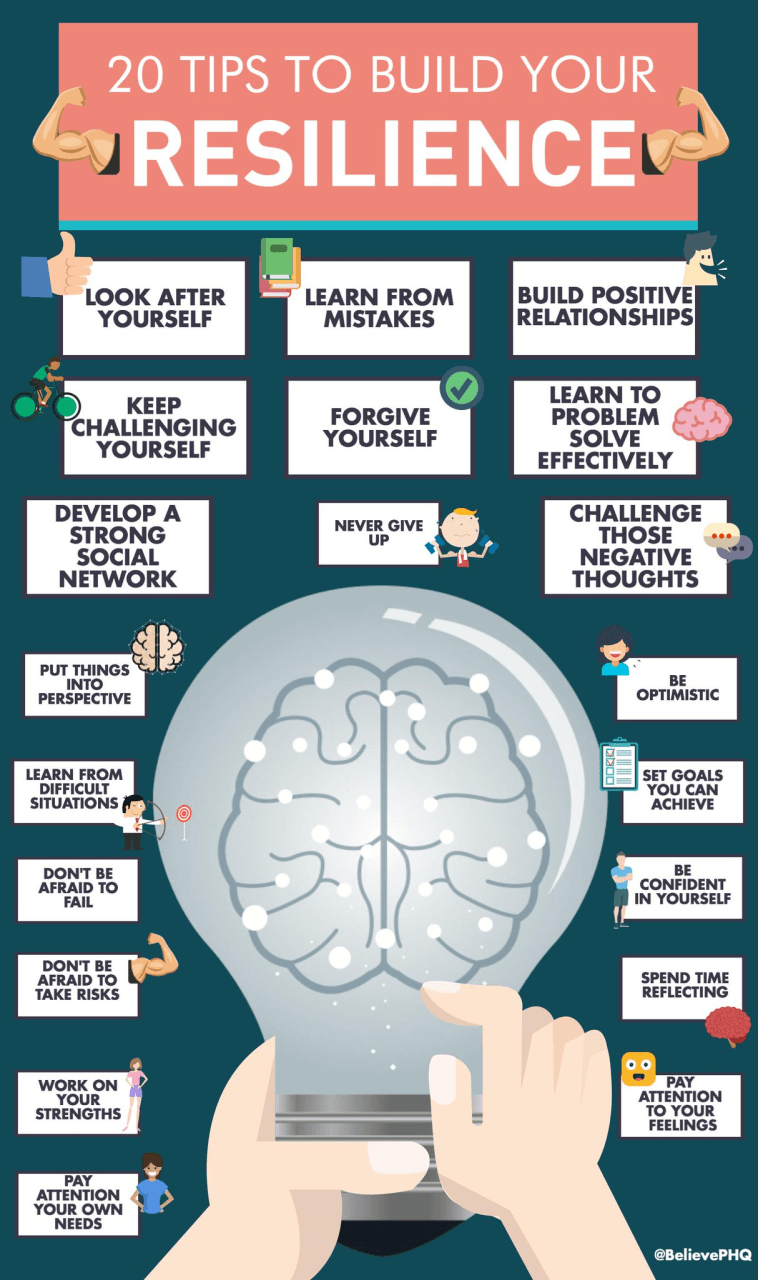How to Foster Spiritual Resilience in Times of Change: Navigating Life’s Unpredictable Tides With great pleasure, we will explore the intriguing topic related to How to Foster Spiritual Resilience in Times of Change: Navigating Life’s Unpredictable Tides. Let’s weave interesting information and offer fresh perspectives to the readers.
Table of Content
How to Foster Spiritual Resilience in Times of Change: Navigating Life’s Unpredictable Tides
Understanding the Essence of Spiritual Resilience:
Spiritual resilience isn’t about ignoring or denying the challenges we face. It’s about embracing the inherent impermanence of life and finding the inner strength to adapt, grow, and thrive in the face of adversity. It’s about recognizing the interconnectedness of all things and drawing upon a deeper source of wisdom and meaning that transcends the fleeting nature of our external circumstances.
Unlocking the Power of Spiritual Resilience:
Cultivating spiritual resilience is a journey, not a destination. It requires a conscious effort to nurture our inner landscape and develop practices that support our well-being. Here are 10 actionable steps to help you foster this vital strength:
1. Embrace the Impermanence of Life:
Change is inevitable. Resisting it only creates unnecessary suffering. Accept the ebb and flow of life as a natural rhythm. This acceptance allows you to release the need for control and embrace the transformative power of change.

2. Cultivate a Sense of Purpose:
What truly matters to you? What gives your life meaning? Connect with your core values and passions. This sense of purpose provides a guiding light through the storms of change, reminding you of what truly matters and fueling your resilience.
3. Deepen Your Connection to Something Greater:
Whether it’s faith, nature, art, or a sense of universal interconnectedness, find a source of inspiration and meaning that transcends the limitations of your individual self. This connection provides a sense of belonging and perspective that can ground you during times of uncertainty.
4. Practice Mindfulness and Meditation:
Cultivating mindfulness allows you to observe your thoughts and emotions without judgment. Meditation helps you quiet the mind and access a deeper state of inner peace. These practices enhance your ability to respond to challenges with clarity and equanimity.
5. Foster Gratitude and Appreciation:
Focusing on the good things in your life, no matter how small, shifts your perspective and cultivates a sense of abundance. Gratitude strengthens your resilience by reminding you of the beauty and blessings that exist even amidst challenges.
6. Cultivate Compassion and Empathy:
Connecting with others, understanding their struggles, and offering support fosters a sense of community and shared humanity. Compassion and empathy expand your perspective and remind you that you are not alone in your journey.
7. Seek Out Meaningful Connections:
Nurturing supportive relationships with friends, family, or like-minded individuals provides a sense of belonging and shared purpose. These connections offer a lifeline during times of change and help you navigate challenges with greater ease.

8. Embrace Learning and Growth:
Change presents opportunities for growth and transformation. Embrace new experiences and challenges as chances to expand your understanding of yourself and the world. View setbacks as stepping stones on your path of personal evolution.
9. Practice Self-Care and Rest:
Taking care of your physical, mental, and emotional well-being is essential for building resilience. Prioritize rest, healthy eating, exercise, and activities that bring you joy. These practices replenish your energy and strengthen your ability to navigate change.
10. Seek Support When Needed:
Don’t hesitate to reach out to trusted friends, family, or professionals when you need support. Talking to someone you trust can provide perspective, encouragement, and practical guidance during challenging times.
The Power of Spiritual Resilience in Action:
Spiritual resilience isn’t just a theoretical concept. It’s a tangible force that empowers individuals to navigate change with grace and purpose. Consider these real-life examples:
- A single mother facing financial hardship finds strength in her faith and community support to overcome adversity and provide for her children.
- An entrepreneur navigating a volatile market draws upon their core values and adapts their business model to thrive in a changing landscape.
- A cancer survivor finds solace in mindfulness practices and uses their experience to inspire others facing similar challenges.
Spiritual resilience is not a magical solution to life’s problems. It is a powerful tool that helps us navigate the inevitable storms of change with greater clarity, strength, and purpose. By cultivating this inner strength, we can not only weather the challenges of our time but also emerge stronger, more compassionate, and more deeply connected to ourselves and the world around us.
Conclusion:
In a world defined by constant change, spiritual resilience is not a luxury but a necessity. It’s the compass that guides us through turbulent waters, the anchor that grounds us amidst uncertainty, and the source of inner strength that allows us to thrive despite the challenges we face. By embracing the practices outlined above, we can unlock the power of spiritual resilience and navigate the unpredictable tides of life with grace, purpose, and unwavering hope.
Closure
Thus, we hope this article has provided valuable insights into How to Foster Spiritual Resilience in Times of Change: Navigating Life’s Unpredictable Tides. We appreciate your attention to our article. See you in our next article!





Leave a Comment